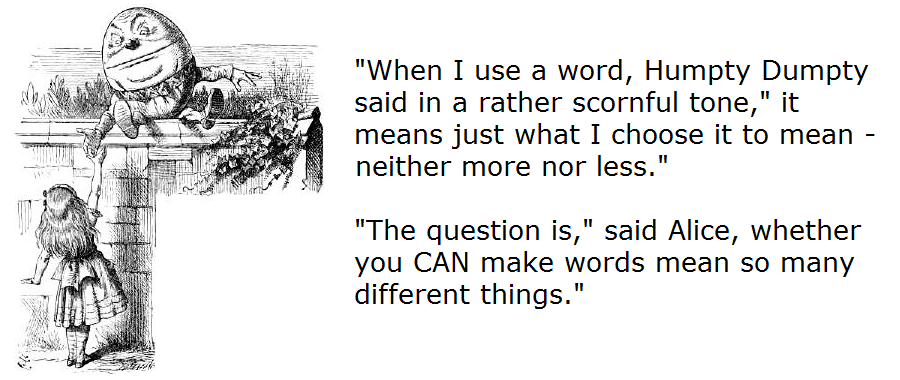Philosophy is our ideas about morality, politics, how we find out about the world in which we live, and consequently how we think the world works.
Unfortunately philosophers do not agree on what the basic ideas in these fields are. They have not agreed on any principles whereby they or we can distinguish good and bad philosophy.
Is there a message in there that will enlighten or educate us? The philosopher is often pushing a world view and gathering what he or she considers evidence to bolster it.
Philosophers, like the rest of us, are susceptible to reaching a consensus that ‘everybody knows’ that turns out later to be false. Great fashions in thought have lasted for centuries but philosophers abandoned them later. In recent times there have been claims that philosophy is dead and that science can take the place of philosophy. Such claims are inherently philosophical in nature.
Books written by professional philosophers are usually difficult to understand. How come they are so hard?
My book considers the various schools of philosophical and scientific thought and demystifies the arguments in a way that most people can understand. My view is an empirical one: physics, biology, neuroscience, psychology, psychotherapy and so on. But I recognise that philosophical viewpoints underpin these subjects.
I am not dogmatic that mine is the correct view: other books with titles like “How the Mind works”, “How the Brain makes up its Mind”, “Consciousness Explained” push particular views. There is not enough evidence yet to make such statements either as conclusions or book titles. You can make up your own mind.
It is difficult to judge whether a particular philosophical position will prove to be true eventually. But it is possible with some uncertainty to measure how readable and understandable a text is.
Psychologists have researched what makes texts simple or difficult to read. The obvious ones are sentence construction and vocabulary. Simple measures of these factors are sentence length (in words) and the length of the words (in syllables). A measure which uses these easy to count features of a text is the Flesch-Kincaid Grade Level which is worked out as follows:
grade = 0.39 x average sentence length + 11.8 x average word length – 15.59.
Microsoft Word is happy to calculate this for us (menu: tools/spelling and grammar).
The calculated grade is the US school grade (years of schooling) = six plus the numbers of years in school required to be able to understand the text.
There are a number of similar measures of school grade using slightly different formulae. The web site http://readability-score.com will calculate these for any supplied text. The agreement between the various measures is only about ±3, so they can only be taken as a guide. It is possible to write philosophical nonsense that gives a good readability score!
Here are the measures of readability (average from 5 different measures) for sample texts of approx 1500 words by a few selected philosophers:
| grade | |
| This text | 11 |
| Plato (428BC-348BC) | 11 |
| Richard Dawkins (b1941) | 11 |
| My book “Rethinking the Mind” | 12 |
| John Searle (b1932) | 13 |
| John Locke (1632-1704) | 13 |
| Aristotle (384BC-322BC) | 14 |
| Benedict Spinoza (1632-1677) | 14 |
| Thomas Hobbes (1588-1679) | 15 |
| Dan Dennett (b1942) | 15 |
| Thomas Reid (1710-1796) | 15 |
| Friedrich Hayek (1899-1992) | 16 |
| Georg W F Hegel (1770-1831) | 16 |
| Immanuel Kant (1724-1804) | 17 |
| John Stuart Mill (1806-1873) | 17 |
| David Hume (1711-1776) | 17 |
| Robert Almeder (b1939) | 18 |
| Rene Descartes (1596-1650) | 21 |
The aim of my book has been to make philosophy understandable to people educated to 12th grade.
The first step in reaching a balanced and consistent personal philosophy that one can live by is to approach philosophical texts with sure principles for evaluating them. I put forward a set of such principles in chapter 1. You can download it for free by leaving your email address in the green box at the side of this page.
Armed with these principles you can not only understand the arguments that have occurred but by applying these principles evaluate their merits.
You will then be able to see through many of the facile psychological, philosophical and political arguments that are put forward in the media. The counter arguments have been locked in obscure and impenetrable texts as the above table hints.
Begin your journey to Understanding. Buy the first of the three volumes here:
https://www.amazon.com/Rethinking-Mind-1-Historical-Perspective-ebook/dp/B007JYFHVM

